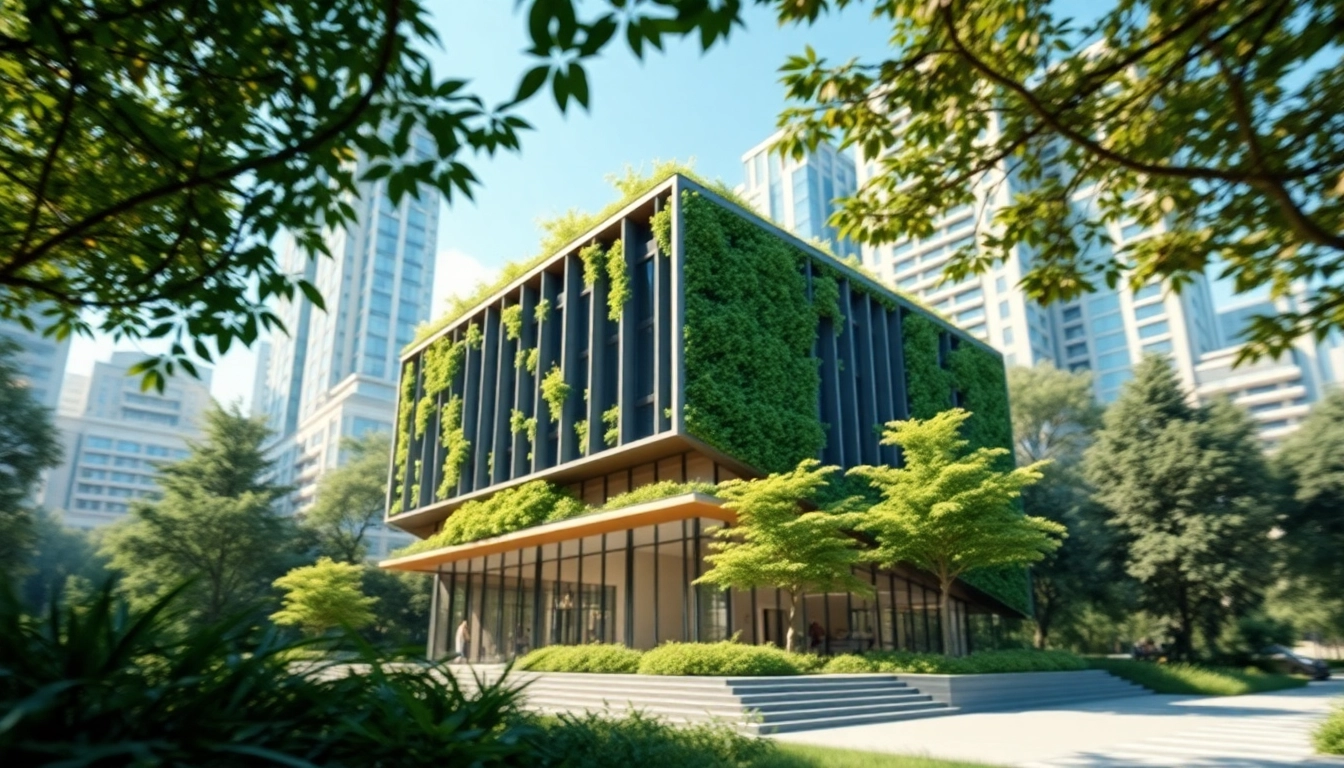The Basics of Property Management
Property management encompasses a vast range of functions relating to the operation, control, and oversight of real estate properties. This can include both residential and commercial real estate. Property managers serve as a vital link between property owners and tenants, ensuring properties are maintained and relevant regulations adhered to. Understanding the fundamentals of property management is essential for effective investment and operational strategies.
Understanding Property Management Concepts
Property management involves not just the physical upkeep of a property but also requires a strong understanding of the legal, financial, and tenant-relations aspects of real estate operations. Effective property management is integral in enhancing the value of real estate investments, ensuring compliance with local regulations, and fostering positive tenant relationships.
Key Roles and Responsibilities of Property Managers
Property managers undertake several critical tasks, including:
- Rent Collection: Ensuring timely payments from tenants.
- Tenant Screening: Evaluating potential tenants to minimize risk and ensure a good fit.
- Property Maintenance: Coordinating regular maintenance and emergency repairs.
- Lease Management: Drafting and enforcing lease agreements.
- Financial Reporting: Providing property owners with detailed financial statements.
Importance of Property Management in Real Estate
Property management is crucial in maximizing the profitability of real estate investments. It enables property owners to reduce vacancy rates, enhance tenant satisfaction, and ensure consistent cash flow. Managed properties typically see better maintenance and increased longevity, which is key to maintaining property values in competitive markets.
Property Management Services Offered
Residential vs. Commercial Property Management
Residential property management pertains to managing dwellings, such as single-family homes, apartments, and condominium complexes. In contrast, commercial property management focuses on spaces such as office buildings, retail spaces, and industrial real estate. Each type of property requires specific strategies, knowledge of unique market dynamics, and tailored approaches to tenant relations.
Maintenance and Repair Services
Comprehensive maintenance and repair services are essential components of property management. Property managers typically oversee regular maintenance routines and respond to tenant requests for repairs. They build relationships with reliable contractors, allowing for rapid responses to emergencies and ensuring the property remains valuable and attractive.
Tenant Relations and Lease Management
Establishing and maintaining relationships with tenants is fundamental to successful property management. This includes addressing concerns, facilitating lease renewals, and managing disputes. A proactive approach in communicating with tenants can significantly enhance tenant retention rates and reduce turnover costs.
Challenges in Property Management
Common Issues Property Managers Face
Property management comes with its challenges, including:
- Maintenance Requests: Timely handling of repair requests can be difficult, especially during peak seasons.
- Tenant Turnover: High turnover rates can lead to costly vacancies and require extensive time and resources to fill.
- Legal Compliance: Navigating complex landlord-tenant laws is essential to avoid litigation.
Strategies to Overcome Management Challenges
To combat these challenges, property managers can implement various strategies:
- Efficient Communication: Establish clear lines of communication to facilitate tenant requests and property updates.
- Preventative Maintenance: Create a schedule for regular inspections and maintenance tasks to address issues before they escalate.
- Tenant Retention Programs: Enhance tenant satisfaction through loyalty programs, feedback surveys, and community events.
Legal Considerations in Property Management
Understanding legalities is crucial for property managers to ensure compliance with local, state, and federal laws. This includes adhering to fair housing laws, rental agreements, and eviction processes. Proper training and regular legal updates can help property managers remain compliant and minimize legal risks.
Best Practices for Effective Property Management
Leveraging Technology for Property Management
Utilizing technology can greatly enhance efficiency in property management. Software solutions for accounting, tenant screening, and maintenance requests streamline operations and allow property managers to focus on strategic tasks, thereby improving tenant satisfaction.
Building Strong Relationships with Tenants
Strong relationships with tenants lead to increased satisfaction and retention. Regular check-ins, community building activities, and open communication channels foster positive experiences and loyalty among tenants.
Optimizing Property Marketing Strategies
Effective marketing strategies are vital for attracting quality tenants. This includes utilizing online listings, social media promotion, and virtual tours to reach a wider audience. High-quality photographs and well-written descriptions can significantly enhance rental attractiveness.
Measuring Success in Property Management
Key Performance Indicators for Property Management
Measuring success through key performance indicators (KPIs) is essential for evaluating property management effectiveness. Important KPIs include:
- Occupancy Rates: Reflects tenant retention and the effectiveness of marketing strategies.
- Maintenance Response Time: Indicates operational efficiency and tenant satisfaction.
- Revenue Growth: Shows the financial health of the property over time.
Assessing Tenant Satisfaction and Retention
Regularly assessing tenant satisfaction through surveys and feedback mechanisms is crucial. High satisfaction levels often correlate with improved retention rates, reducing the costs associated with tenant turnover.
Continuously Improving Property Management Techniques
Constant improvement in property management techniques is vital for staying competitive. This includes ongoing education about industry trends, innovations in technology, and evolving tenant needs. Adapting to changes in the real estate landscape ensures longevity and success.



